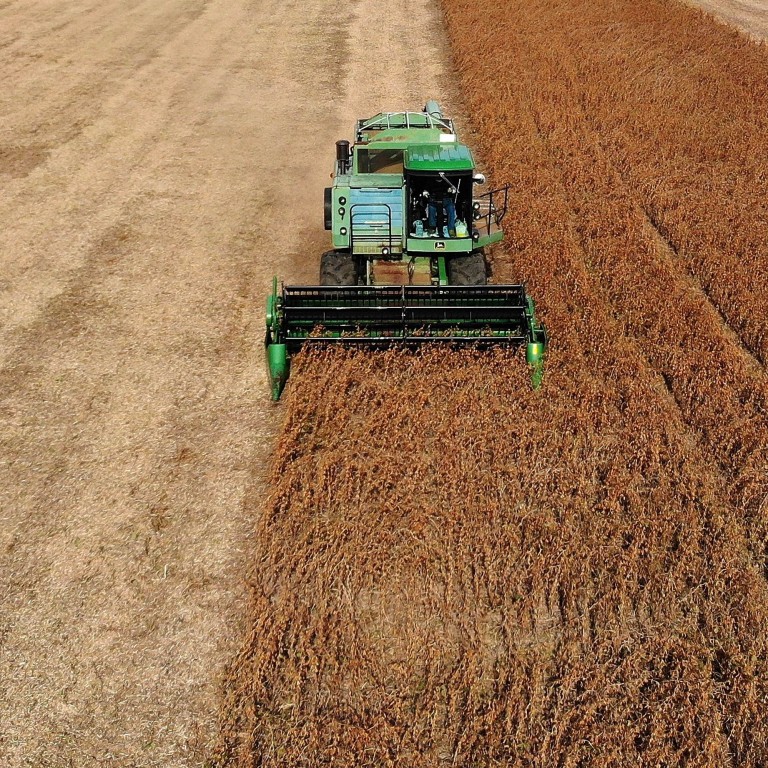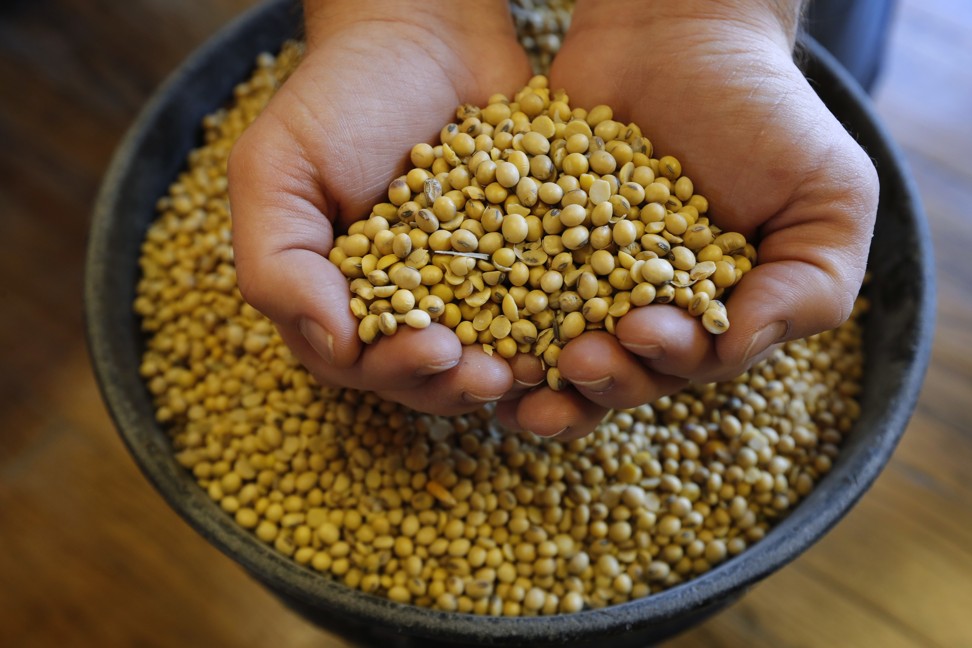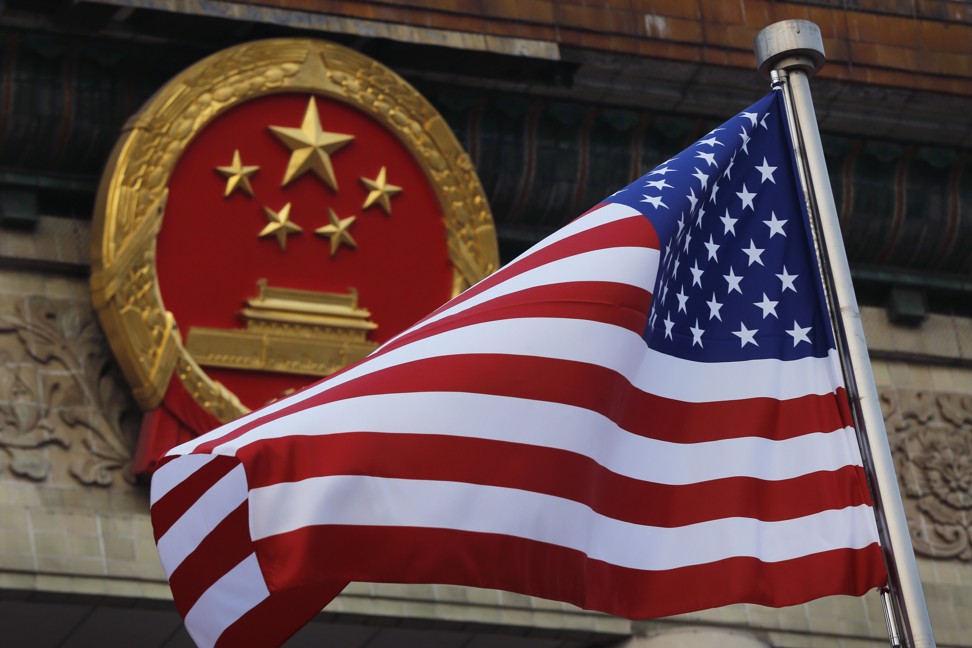
In US-China trade war, voters in rural America are suffering the most
- Midwest and plains farm states hit hardest by Chinese tariffs, as China seeks to target Trump supporters
- Illinois suffered most, with its exports to China falling 33 per cent last year, while exports from Minnesota were also badly hit
Across rural America, voters turned out in their droves for US President Donald Trump in 2016, but a new study has found that agricultural states are taking the heaviest blows from the US-China trade war.
Of all US states, Illinois suffered the most last year. Its total exports to China fell 32.8 per cent to US$3.8 billion in 2018, from a year earlier. Exports to China from Minnesota were also badly hit, plummeting 18.5 per cent to US$2.5 billion in 2018.
The trade war’s impact on farm states is partly by design, with Beijing aiming tariffs on states with high concentrations of support for Trump. Many Midwestern and farm states, home to the hollowed out economies of Appalachia and the rust belt, voted for Trump in the 2016 election.

The world’s two largest economies have been engaged in a tit-for-tat trade war since last July, slapping tariffs on hundreds of billions of dollars worth of products.
Total US goods exports to China fell to US$118.9 billion last year, down 7 per cent from an all-time high of US$127.9 billion in 2017.
China is the US’ third largest export market, after Mexico and Canada. Its basket of exports come from a wide range of industries, as well as agricultural goods, including transport equipment, semiconductors, and oil and gas. Those exports sustained logistics jobs in America’s ports and throughout the country’s transport system, the US-China Business Council (USCBC) said.
The trade war has driven down both export value and volume. In 2017, 30 states each exported more than US$1 billion in goods to China. In 2018, meanwhile, that number fell to 26. Some 34 states exported fewer goods to China in 2018 than they did in 2017, and another four states had only single-digit growth.

Despite the ongoing trade tensions between US and China, exports to China remain integral to the US economy, supporting more than 1.1 million jobs in the country, according to the trade group.
However, not all the states suffered as a result of the trade war. Oregon, saw its total exports to the world’s second largest economy rise to US$4.6 billion last year, up 22.1 per cent from 2017. That total included US$2.5 billion worth of semiconductors and components.
The two countries have been in talks to end the trade war, with another round of negotiations between US and Chinese officials finishing in Beijing on Wednesday, led by Chinese Vice-Premier Liu He, US Trade Representative Robert Lighthizer and US Treasury Secretary Steven Mnuchin.

